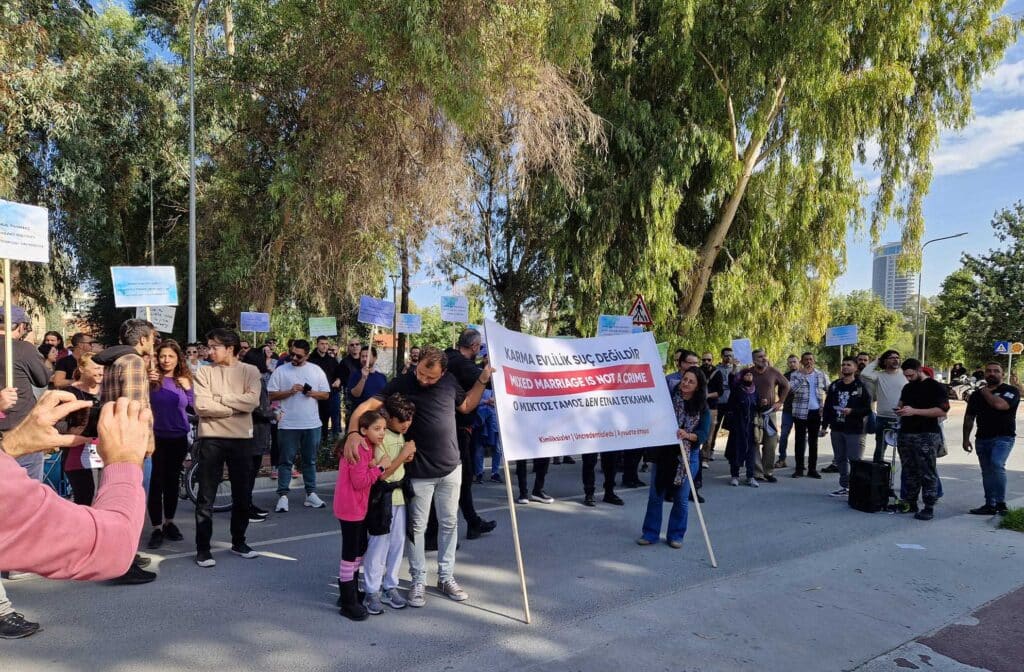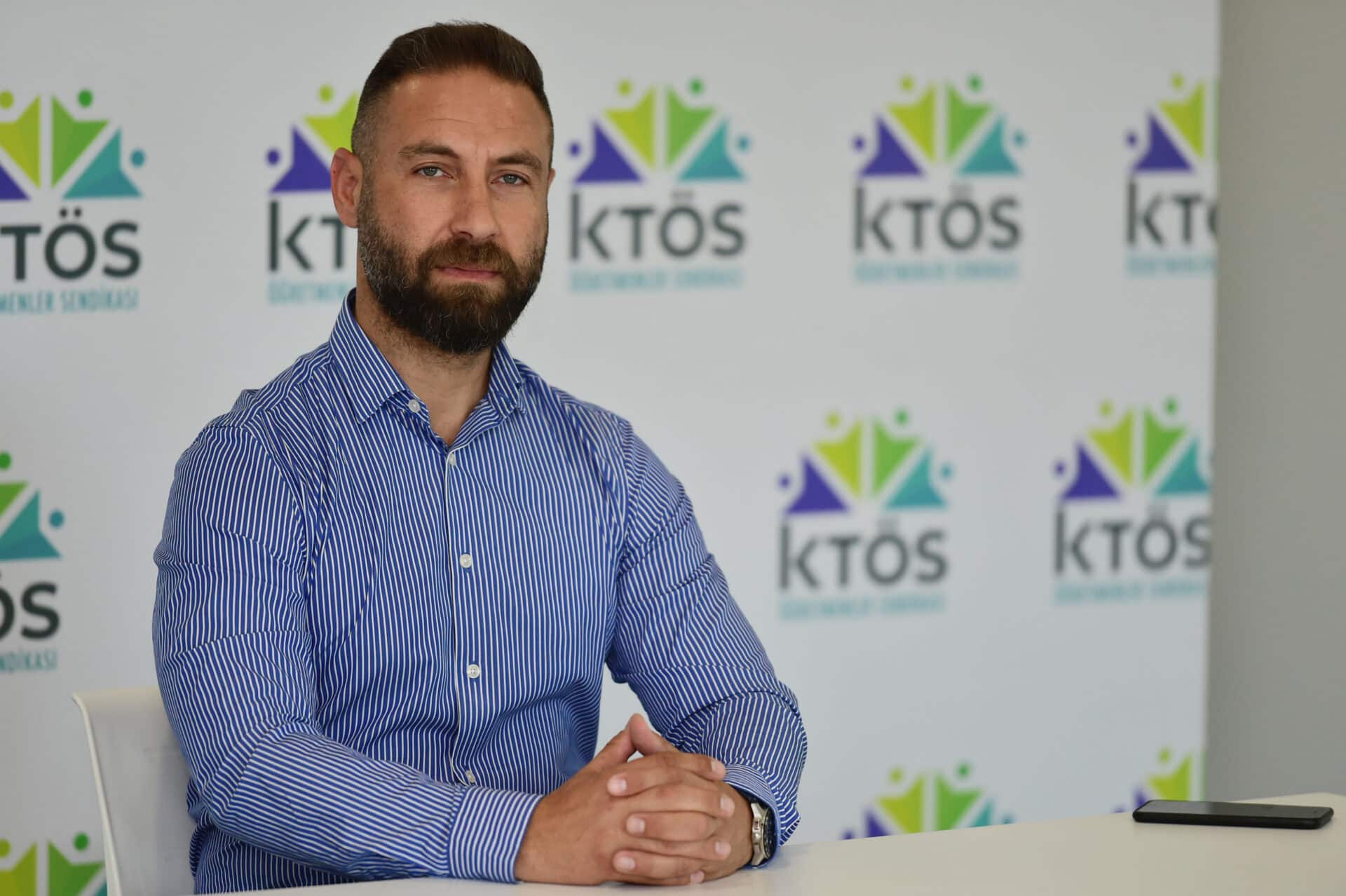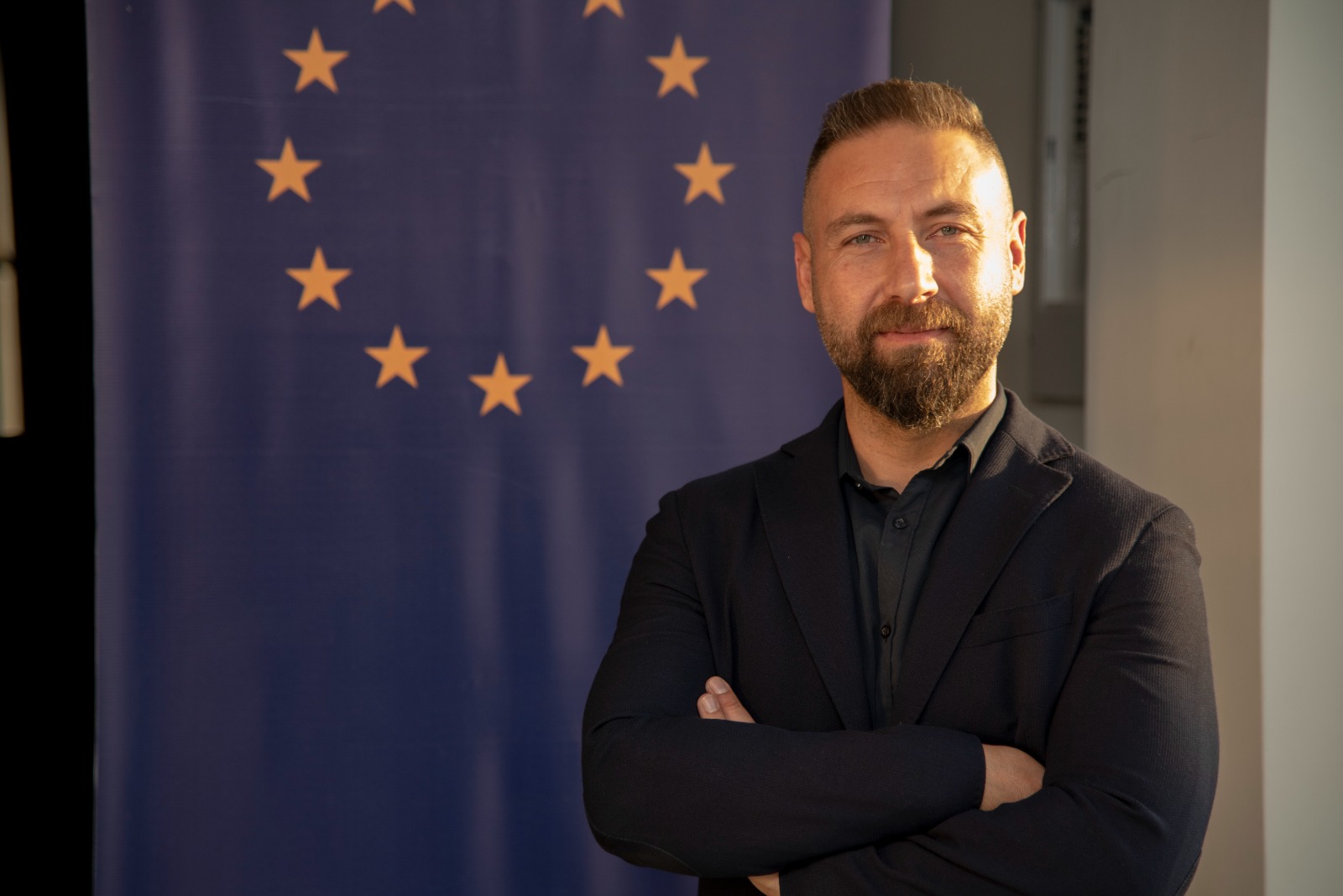In his election campaign President Nikos Christodoulides promised a state policy for Turkish Cypriots. But how well has he been received asks Esra Aygin
At a time of no tangible prospects for the resumption of negotiations to solve the Cyprus problem, growing oppression by Turkey and a crippling economic crisis, the Turkish Cypriot community is hoping that new President Nikos Christodoulides can take some steps to ease the grind of their daily lives.
But Christodoulides faces distrust from pro-solution Turkish Cypriots because of his role as minister in the previous Nicos Anastasiades government, which has a history of scandals and corruption and has been blamed for the failure of the latest round of negotiations. His election with the support of anti-federation parties has also led to distrust in the north. On the other hand, the fact that the newly elected president’s election programme included a well-structured state policy for Turkish Cypriots has created a cautious optimism.
Christodoulides, supported by Diko, Edek, the Solidarity Movement and Dipa – parties that take a hard line on reunification talks – won the second round of presidential elections on February 12, garnering 51.97 per cent of the votes. His rival Andreas Mavroyiannis was supported by Akel.
In the campaign, Christodoulides promised measures for the political and economic integration of Turkish Cypriots into the EU; the encouragement of civil society; the economic integration of Turkish Cypriots and Greek Cypriots; the neutralisation of separatist actions; and the encouragement of Greek Cypriot and Turkish Cypriot solution forces.

“We are founding partners and citizens of the Republic of Cyprus. We want Christodoulides to defend the rights of Turkish Cypriots as much as he defends the rights of Greek Cypriots,” general secretary of the Cyprus Turkish Teachers Trade Union KTÖS Burak Maviş said. “Turkish Cypriots are EU citizens regardless of a solution on the island”.
Underlining that the rights and freedoms of Turkish Cypriots are being threatened by an increasingly authoritarian Ankara and its Turkish Cypriot collaborators, Maviş said, “We are oppressed in the north and have difficulty exercising our rights in the south. We are sandwiched between the two.”
The current hard-line Turkish Cypriot leadership, which endorses a two-state solution, may be expecting Christodoulides to recognise the existence of two equal sovereign states on the island but ordinary peoples’ expectations are steps that would help reduce their dependence on Turkey, reinvigorate the economy, and build trust between the communities.
Maviş said this is possible through assisting the Turkish Cypriots to integrate more into the EU socially, educationally, and culturally. These would include steps like removing the obstacles for Turkish Cypriot children of mixed marriages getting Cyprus citizenship; easing the crossings; improving the Green Line Regulation for the movement of persons, products and services across the divide; allowing Turkish Cypriots to be included in EU educational programmes such as Erasmus+; adding Turkish to the EU languages; and making it possible for Turkish Cypriots to open bank accounts and companies in the Republic.
“The Republic of Cyprus is pushing Turkish Cypriots to seek solutions in Turkey – a country they call ‘the invader,’” Maviş continued. “They are pushing Turkish Cypriots to get Turkish passports to be able to travel, to open accounts in Turkish banks to be able to do business, or to go to Turkey to study, play sports, participate in competitions. This is racist and discriminatory. They are violating the rights of people, who are pro solution and would say yes in a referendum.”
Maviş said he shared these suggestions with Christodoulides when the president visited KTÖS during his election campaign.

“These steps would revive hopes for solution, expose the nationalists, who say ‘Greek Cypriots do not want us’, build trust between the two communities, and reduce dependence on Turkey,” he added.
Turkish Cypriot international relations expert and academic İpek Borman agrees that the Greek Cypriot policy of not allowing the upgrading of the status of Turkish Cypriots is marginalising the community and rendering it dependent on Turkey.
“Christodoulides, if he wants, can transform the Greek Cypriot policy,” Borman said. “With the steps he takes as leader, he can bring the Turkish Cypriots closer to Greek Cypriots and the EU, help them become a more democratic community that is more in line with EU principles. He can do away with some of the anomalies arising from the Cyprus problem, he can reduce the dependence on Turkey, and revive reunification hopes.”
“Will Christodoulides be the leader of all Cypriots and not of only Greek Cypriots? Will he prove his sincerity to Turkish Cypriots and the international community? Time will tell,” said peace activist Kemal Baykallı.
But fellow peace activist and political analyst Greek Cypriot Andromachi Sophocleous was apprehensive. “Nikos Christodoulides, in his election programme, didn’t shy away from explicitly addressing Turkish Cypriots. This is in stark contrast with his actions since the election. Since he assumed power, we have seen no mention of unilateral moves towards Turkish Cypriots. We haven’t seen anything concrete that indicates he has an understanding of the current situation of Turkish Cypriots.”
Such a ground-breaking approach would receive pushbacks, Sophocleous said, drawing attention to the parties that reject a bizonal, bicommunal federation in Cyprus that supported Christodoulides.
“But a leader needs to understand that it is his duty,” she insisted. “It is time for the Republic of Cyprus to reposition itself in a way that it truly represents its people, including the Turkish Cypriots… It is time to stop punishing Turkish Cypriots for what it accuses Turkey of doing.”

